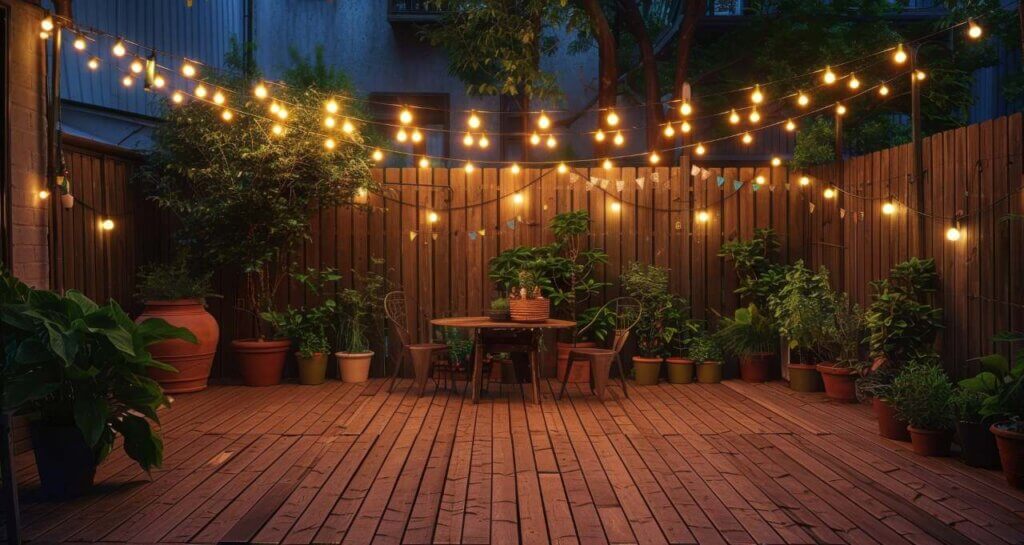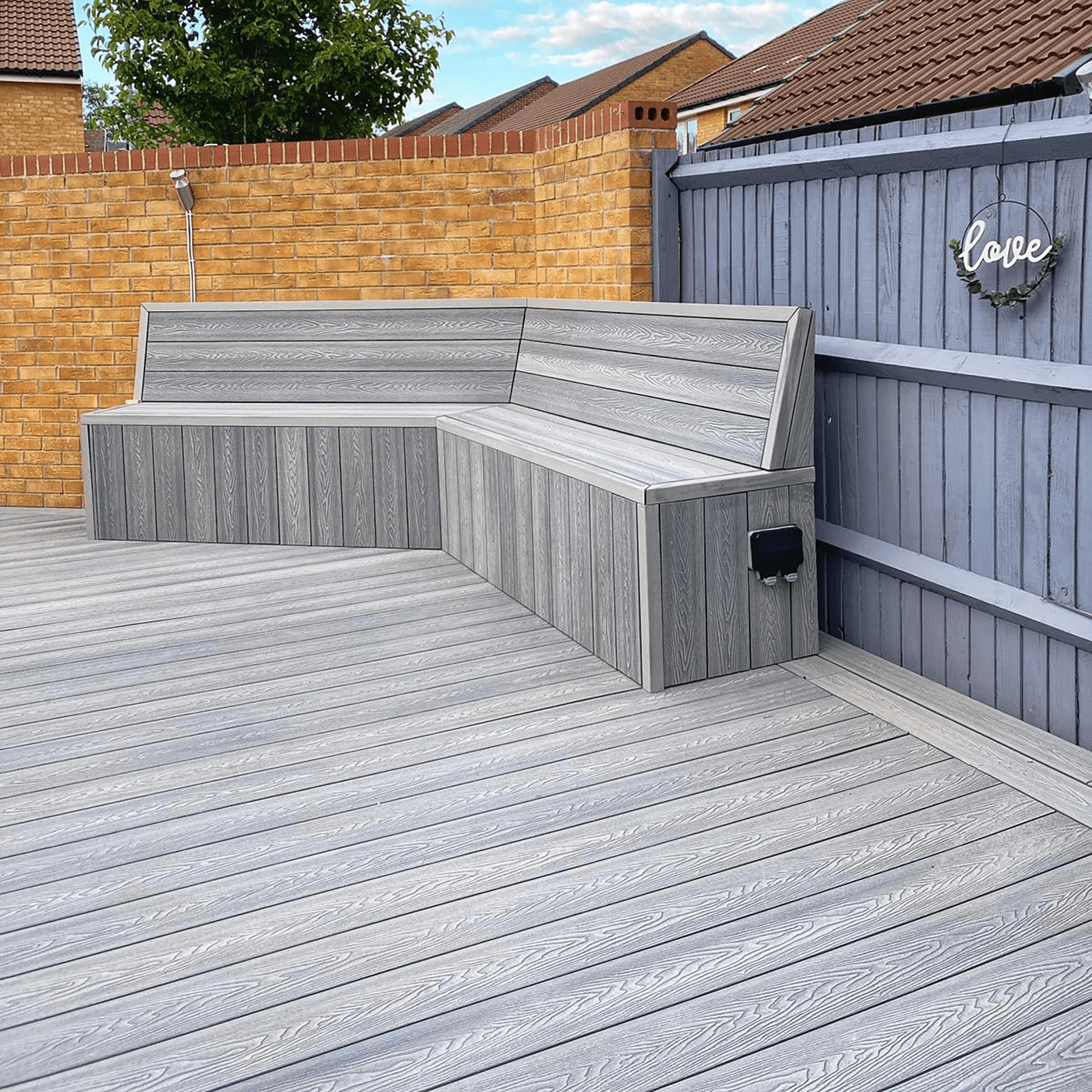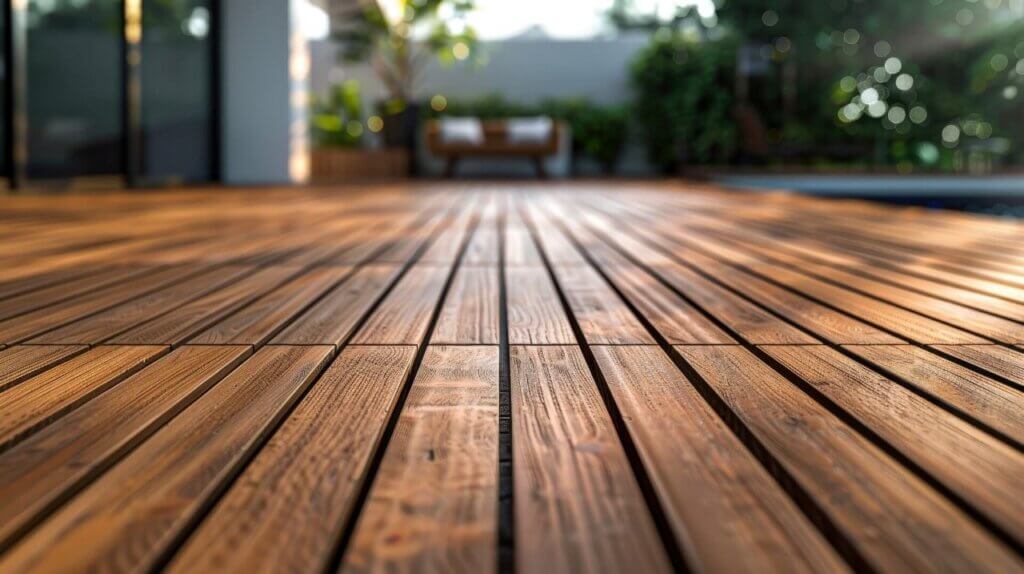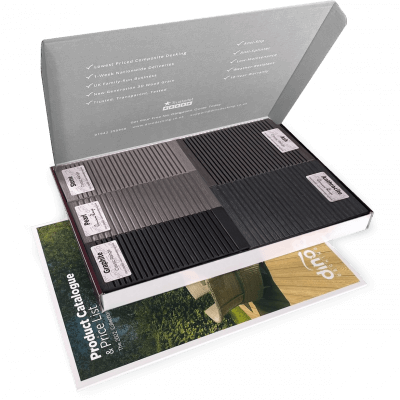Glass Balustrade Installation: The Complete Guide
Installing glass balustrade can be an ideal way to add safety and style to an existing deck, walkway or other
Products in Stock
Lowest Prices
Express Delivery
10-Year Warranty
February Sale. Up To 15% Off.

Building an outdoor deck is a fantastic way to extend your living space and enjoy nature. But with so many different materials available these days, it can be tricky to know where to start. Choosing the right wood type for your deck is a big decision, impacting everything from its lifespan to its overall look and feel. So, let’s explore some of the best options out there, starting with our favourite, to help you create the perfect outdoor oasis.
Durability is key when it comes to decking. You want a wood type that can withstand the elements, resist rot and decay, and handle the everyday wear and tear of foot traffic and furniture. Think about the climate you live in – will your deck be exposed to harsh sun, heavy rain, or even snow? If you live in a coastal area, consider reading our guide on the best decking materials for coastal areas.
How much time and effort are you willing to put into maintaining your deck? Some types of wood, like traditional wood, require regular staining, sealing, and even painting to keep them looking their best and prevent damage. Other types are naturally more resistant to the elements and need less upkeep.
The visual appeal of your deck is important too. You’ll be choosing a type of wood that will serve you practically, but you also need to pick a wood that you like the look of. Consider the colour, grain pattern, and overall style you want to achieve. Do you prefer a rustic, natural look or something more modern and sleek? Different wood types offer a variety of aesthetic options. If you’re unsure about what colour wood type you’d prefer, we have a handy decking colour guide that could help.
Of course, budget is always a factor. Prices can vary significantly depending on the type of wood, availability, and treatment. It’s essential to find a balance between your desired qualities and what you can afford. If you don’t know how much composite decking costs we recommend giving it a look before diving into the world of decking. But don’t worry, our composite decking boards are affordable without compromising quality.
In this day and age, the sustainability of the wood type is very important. Whilst all wood comes from renewable means, some are more eco-friendly than others. Options made from recycled materials, such as composite decking, are considered to be the most environmentally friendly as they have a minimal impact on the environment. For more information, read our guide on the sustainability of composite decking.
Composite decking is a manufactured product made from a blend of wood fibres and plastic, offering the best of both worlds. It provides the look of natural wood with enhanced durability and low maintenance requirements. When comparing composite decking vs wood, composite decking resists rot, decay, and insects, making it a long-lasting and hassle-free option. Plus, it comes in a wide range of colours and styles to suit any taste.


Pressure-treated pine is a popular choice for its affordability and widespread availability. It’s chemically treated to resist rot, decay, and insects, making it a durable option for outdoor use. However, it may require more frequent staining and sealing to maintain its appearance and longevity.
Cedar is known for its natural beauty, with its warm reddish tones and distinctive grain pattern. It’s also naturally resistant to rot and insects, making it a popular wood type for decking. However, it can be prone to fading and may require regular maintenance to keep it looking its best. Read our comparison of cedar and pressure-treated wood for more information.
Redwood is another naturally durable option. It’s known for its rich reddish-brown colour and resistance to moisture, decay, and insects. However, it can be more expensive than other options and may require occasional staining or sealing.
Ipe is a dense hardwood that’s incredibly strong and durable. It’s naturally resistant to rot, decay, and insects, making it a long-lasting choice for decking. However, it’s also one of the more expensive options and can be difficult to work with.
Teak is a premium hardwood known for its exceptional durability and resistance to moisture. It’s often used in high-end decking projects and is prized for its beautiful golden-brown colour. However, it’s one of the most expensive decking materials available. Our teak decking boards mimic the traditional tones of teak while offering greater longevity.
Mahogany is another luxurious hardwood option that offers a rich, reddish-brown colour and excellent durability. It’s naturally resistant to rot and insects, making it a popular choice for decks in humid climates. However, like teak, it comes with a high price tag.
When it comes to durability, hardwoods like Ipe and Teak, as well as composite decking, offer exceptional performance. They are incredibly dense and resistant to rot, decay, and insects. Redwood and Cedar also offer good durability, while pressure-treated pine is a more budget-friendly option with decent resistance to the elements.
Composite decking requires the least maintenance, followed by naturally durable woods like Ipe, Teak, Cedar, and Redwood. Pressure-treated pine may require more frequent staining and sealing to maintain its appearance and longevity.
Each material has its own unique aesthetic appeal. Cedar and Redwood offer warm reddish tones, while Ipe and Teak have a richer, darker colour. Mahogany provides a luxurious reddish-brown hue. Pressure-treated pine is typically a lighter colour and can be stained to achieve different looks. Composite decking comes in a wide range of colours and styles to mimic the look of various wood species or create a more modern aesthetic.
Choosing the right wood type for your deck is a key step in creating a beautiful and long-lasting outdoor space. While natural wood options offer their own unique charm and characteristics, they often come with high maintenance demands; so when it comes to comparing composite decking and wood decking, we’d have to go with composite decking. And if you’re searching for a low-maintenance, durable, and stylish alternative, consider exploring our selection of composite decking boards for outdoor spaces at Dino Decking. Order a free decking sample today!

Our sample pack contains a sample piece of each colour currently available. Order your free sample pack today to compare the colours and get a true feeling of the Dino Decking range!
Installing glass balustrade can be an ideal way to add safety and style to an existing deck, walkway or other
Composite decking is far more resistant to damp, rot, mould and warping than traditional timber decking, but it is still